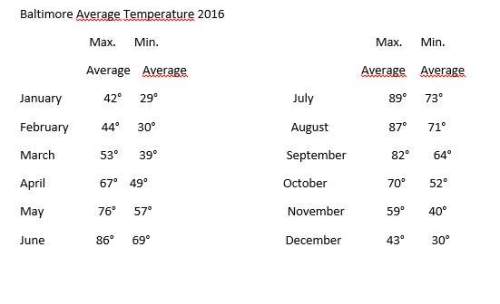
Mathematics, 23.04.2021 20:20 Adot23x
Heads, Heads12
Heads, Tails 7
Tails, Heads 18
Tails, Tails 13
Total 50
Based on your data, what is the experimental probability that the family has two dogs or two cats?
If the family has three pets, what is the theoretical probability that they have three dogs or three cats?
How could you change the simulation to generate data for three pets?

Answers: 3
Another question on Mathematics

Mathematics, 21.06.2019 12:50
Is the following relation a function? x y 1 4 −1 −2 3 10 5 16 yes no
Answers: 1

Mathematics, 21.06.2019 23:00
Eric drove 275 miles in 5 hours. at the same rate how long would it take him to drive 495 miles?
Answers: 2

Mathematics, 22.06.2019 01:00
1) your friend taylor missed class today and needs some identifying solutions of systems. explain to taylor where to find the solution(s) of any system using its graph 2)taylor graphs the following in desmos and decides that f(x) = g(x) at x = 0, x = 1, & x = 3. f(x) = 2x+1g(x) = 2x2+1 provide taylor some feedback that explains which part of the answer was incorrect and why.
Answers: 1

Mathematics, 22.06.2019 03:00
In this problem, we explore the effect on the standard deviation of multiplying each data value in a data set by the same constant. consider the data set 14, 6, 8, 15, 15. (a) use the defining formula, the computation formula, or a calculator to compute s. (round your answer to one decimal place.) s = 4.28 (b) multiply each data value by 3 to obtain the new data set 42, 18, 24, 45, 45. compute s. (round your answer to one decimal place.) s = 12.83 (c) compare the results of parts (a) and (b). in general, how does the standard deviation change if each data value is multiplied by a constant c? multiplying each data value by the same constant c results in the standard deviation remaining the same. multiplying each data value by the same constant c results in the standard deviation being |c| times as large. multiplying each data value by the same constant c results in the standard deviation increasing by c units. multiplying each data value by the same constant c results in the standard deviation being |c| times smaller. (d) you recorded the weekly distances you bicycled in miles and computed the standard deviation to be s = 3.8 miles. your friend wants to know the standard deviation in kilometers. do you need to redo all the calculations? yes no given 1 mile ≠1.6 kilometers, what is the standard deviation in kilometers? (enter your answer to two decimal places.)
Answers: 1
You know the right answer?
Heads, Heads12
Heads, Tails 7
Tails, Heads 18
Tails, Tails 13
Total 50
Bas...
Tails, Heads 18
Tails, Tails 13
Total 50
Bas...
Questions




Computers and Technology, 03.08.2019 01:20







Spanish, 03.08.2019 01:20


History, 03.08.2019 01:20




Mathematics, 03.08.2019 01:20







